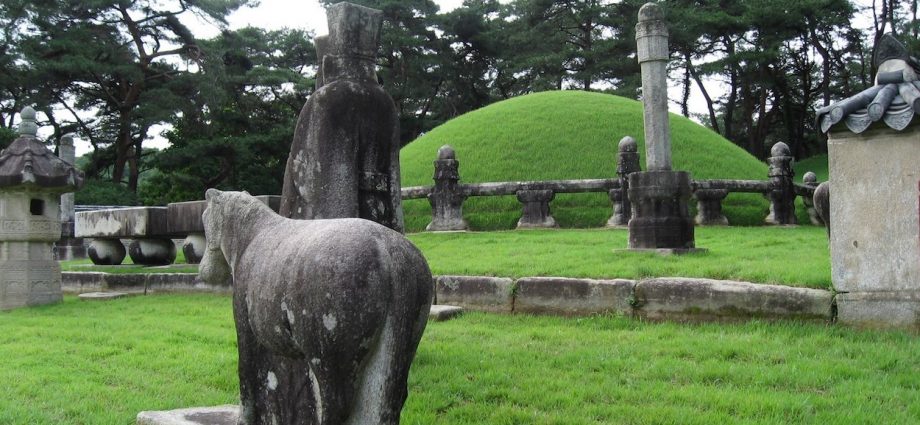
This past Sunday, October 9, was Hangul Day, a public holiday in South Korea. The sight of folks dancing in the streets in celebration of an alphabet speaks volumes about the significance of this innovation to the progress of Korea and its culture over the centuries.
Yet some – including members of the new administration of President Yoon Suk-yeol – have warned that a downside to that progress is that South Korea’s emergence as an important player on the world stage has exposed the Korean language to infiltrations by foreign languages, and their writing systems.
Hangul was created by King Sejong the Great in the 15th century in an effort to combat illiteracy. Until that time, Korean was written in Hanja, a script derived from the Chinese ideographic system, or in Classical Chinese itself. As a system based on sounds (consonants and vowels) rather than ideograms, the number of symbols was vastly reduced, making Hangul easier to learn and encouraging literacy.
Hangul was banned by Sejong’s successor King Yeonsangun, also of the Joseon Dynasty. However, Hangul was reintroduced during the Japanese occupation of Korea.
Hangul Day is one of the most important holidays in modern Korea. Prime Minister Han Duck-soo, visiting the Hangul Museum, explained that the government intends to fight against the incorporation of foreign words in the Korean language.
He described the Korean language a source of the nation’s strength. As such, it should not be altered by foreign languages, in effect weakening Korea itself.
Han’s warning coincides with the mandate of Yoon and his conservative People Power party, which is based on a broad opening to the world with the phenomenon of global K-culture. At the same time, the Korean language is a center of gravity for the Korean state, reflecting its traditions, its history, and its rites.
In that sense, Prime Minister Han can be compared to the Minister of Rites of feudal Asia, while the premise of the Yoon administration is based on the dual pillars of tradition and openness to the world, using this attachment to tradition as a trademark and a competitive advantage for the country.
The Hangul issue may not seem vital, but it is the keystone of the Korean nation’s identity. The prime minister’s remark is a call to order and an explanation of the government’s actions.
Thus Koreans’ openness to the wider world is no obstacle to many of them coming to Seoul to salute the instigator of the Korean alphabet, King Sejong the Great. Hangul is the key to understanding Korea, its literature, its history, its passion and its identity, its DNA.

